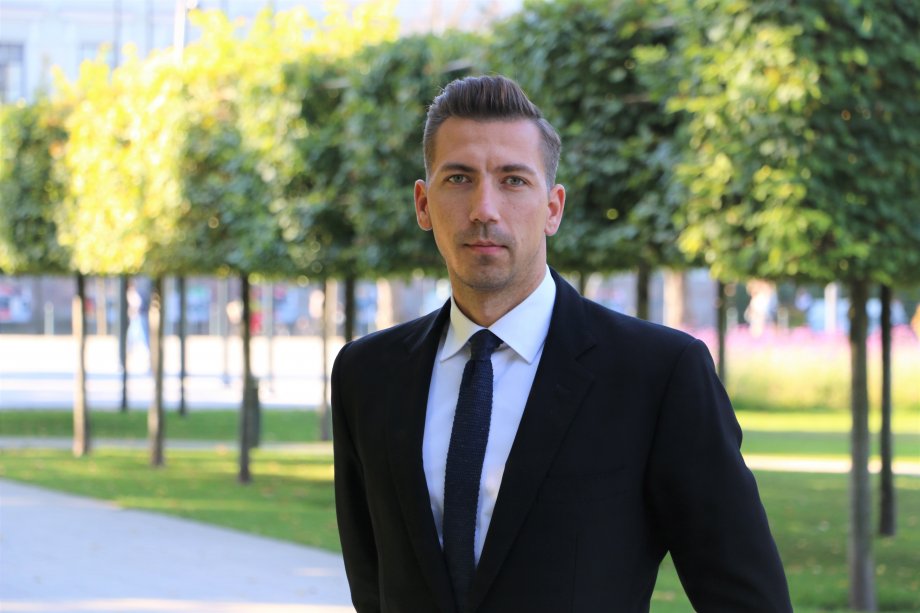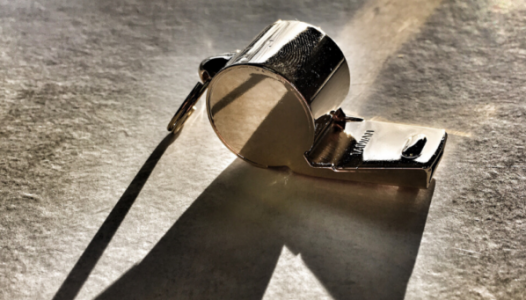by Mark Worth
When doctors at Vilnius City Clinical Hospital demanded bribes of up to €400 from patients in order to receive medical care, one patient stood up and said no. Out of the person’s civic duty, the hospital’s director and four doctors are under investigation, and more than €70,000 in fines have been imposed. As a way of showing gratitude, Lithuanian officials gave the whistleblower a monetary reward. The reward was one of 57 that Lithuania’s Special Investigation Service (STT) paid to corruption witnesses in 2022, the highest being €2,500. Rewards totalled €40,000 last year, nearly double the €22,000 the STT paid to 31 whistleblowers the year before.
Also doubling is the number of citizen reports to the STT, up from 2,413 in 2020 to 4,729 in 2022. Only five percent of these reports were anonymous, reflecting the level of trust people have in the agency. STT spokesperson Julija Gorovniovaitė said that 66 of the reports last year came from employees in a workplace context, including 18 from people who were recognised as whistleblowers.
“We are pleased that the number of reports we receive is steadily increasing,” said Mikas Bukauskas, head of the agency’s Complaints Division. “Every report a person submits is important.”
An STT policy allows the agency to pay rewards when someone provides valuable information that helps to detect or prevent a corruption crime, as long as the person is not a suspect or witness in case. The amount of a reward depends on the importance and concreteness of the information.
The system is working. Nearly 30 percent of STT’s pre-trial investigations last year were launched following reports from citizens, according to the agency. The highest number of reports involved alleged violations related to health, environment, local government and justice.
Whistleblowers also are important in exposing bribery by Lithuanian businesses of foreign officials. “Reports from people are particularly important to reduce corruption not only inside the country, but also abroad,” Bukauskas said. People also can be rewarded for making such reports.
Bukauskas said the financial rewards, which are modest in size, are not the strongest motivator for people to come forward. “A monetary payment is not the main criterion for individuals to report a possible corruption crime,” he said. “Such reports are first and foremost an example of citizenship and working together to create a more transparent Lithuania.”
People can report corruption via STT’s website, telephone hotline, e-mail, mobile app, post or in-person visit. The agency says it guarantees the confidentiality of tipsters and witnesses.
Citizens also may qualify for financial rewards under Lithuania’s Law on Protection of Whistleblowers and from the Competition Council. Other European countries with reward programs include Hungary, Montenegro, Slovakia, Ukraine and UK, according to the Center for Whistleblower Rights & Rewards.
The author, Mark Worth, is an Executive Director at Whistleblowing International. He is also an Executive Director at the European Center for Whistleblower Rights, a Senior Fellow for International Whistleblower Rights at Kohn, Kohn & Colapinto, and Co-coordinator at Southeast Europe Coalition on Whistleblower Protection.






